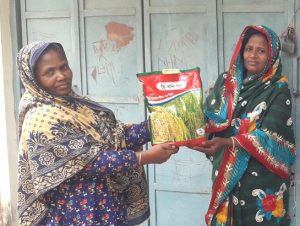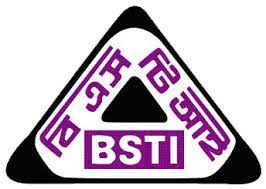Danielle Nierenberg
Every day, I feel I wake up to a world that is just a little bit more surreal than the day before, as COVID-19 changes day-to-day life. I’m spending time at home with my husband, and I hope you’re practicing social distancing, too. Hunker down at home, keep space between you and other people, and please be sure to wash your hands with soap. One of our most effective ways of stopping the spread of coronavirus is counting on each other! And there is no doubt of the effect COVID-19 is having on the food system. It has been devastating for chefs, farmers, farm and food service workers, processing and distribution folks, and many others. We have been working daily at Food Tank to document the impact of COVID-19 and highlight important perspectives.
• Jose Luis Chicoma, the director of Ethos Public Policy Lab in Mexico City, gives us a dispatch from Mexico. There, elderly farmers, taquería and street cart vendors in the “informal economy,” and students who benefit from school nutrition programs could all be especially hard-hit.
• The US$2 trillion COVID-19 stimulus package “didn’t go far enough to protect family-scale farmers, food workers, and local food businesses that have been hit hard by this crisis,” write Chloe Waterman and Jason Davidson. They call on Congress to prioritize small, regional farms instead of corporate agribusiness.
• In the U.S., a majority of food-service workers who have been laid off will be unable to access unemployment benefits, Saru Jayaraman, president of One Fair Wage, told me on Food Talk Live.
• Small farmers were already struggling—and need our help now more than ever, Diana Martin of the Rodale Institute writes.
Even with all of this difficult news, I see hope. Advocates, entrepreneurs, policymakers, and chefs are working around the clock to help our food system survive the tough times ahead. We’re continuing to update our running list of 40+ organizations that are working to advocate for and support restaurants, service workers, and folks experiencing hunger or food insecurity. All these organizations rely on community contributions, so if you are in a position to offer financial contributions, donated food, or volunteer time, it can go a long way.
Even though we can’t be together in person, Food Tank is continuing to convene food system leaders to explain how they are responding to COVID-19 and to share their hopeful visions for the future. Just this week, I’ve had the pleasure of speaking with and learning from Holly Rippon-Butler of the National Young Farmers Coalition, Jenique Jones from City Harvest, Purdue University economist Jayson Lusk, and many others.
This afternoon, I’ll be speaking with Fatema Sumar of Oxfam America at 1 p.m. EST and Dr. Mark Hyman at 5 p.m. EST. Please be sure to tune in live on our YouTube channel, Facebook Live, and Twitter, and we’ll post our conversations to FoodTank.com and our podcast, Food Talk with Dani Nierenberg.
How is your community working to stop the spread of COVID-19 while supporting the food system workers we all rely on? Please email me at danielle@foodtank.com to share stories with us!
(Danielle Nierenberg is the President, Food Tank and can be reached at danielle@foodtank.com)




